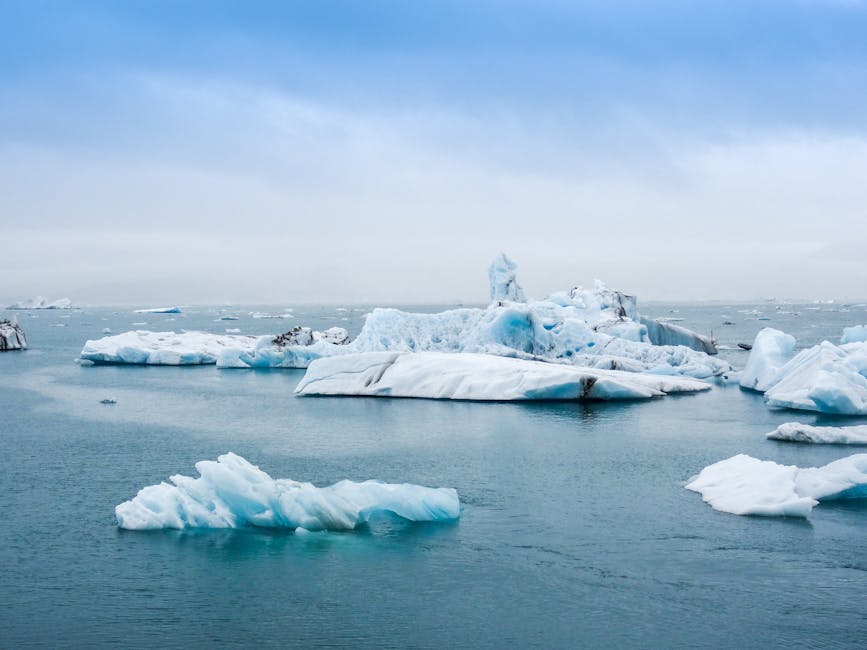The term "global warming" often conjures up images of melting glaciers and polar bears struggling to survive. While these are certainly critical aspects of the issue, the reality of climate change is far more pervasive and is increasingly impacting our daily lives in subtle, yet significant ways. It's no longer a distant threat; it's happening now, and I recently experienced it firsthand.
Last summer, my family and I planned a camping trip to a national park we'd visited many times before. We were looking forward to hiking familiar trails, enjoying the cool mountain air, and stargazing under clear night skies. However, what we encountered was a starkly different landscape. The usually lush meadows were parched and brown, the stream we used to splash in had dwindled to a trickle, and the air was thick with smoke from wildfires raging miles away.
The extreme heat made hiking unbearable during the day, and even the nights offered little respite. The wildfires, exacerbated by the dry conditions, cast an eerie orange glow over the park, obscuring the stars. We were forced to cut our trip short, disappointed and concerned by the dramatic changes we witnessed. This experience brought home the reality of global warming in a way that news reports and scientific studies never could.
Global warming, driven by the increasing concentration of greenhouse gases in the atmosphere, is causing a cascade of effects across the planet. Rising temperatures lead to more frequent and intense heatwaves, droughts, and wildfires. Changing precipitation patterns disrupt agriculture and water supplies. Melting glaciers and ice sheets contribute to rising sea levels, threatening coastal communities. The interconnectedness of these impacts underscores the urgency of addressing this global challenge.
The scientific consensus on climate change is overwhelming. Decades of research and data analysis have unequivocally linked human activities, particularly the burning of fossil fuels, to the observed warming trend. While natural climate variations exist, the rate and magnitude of the current warming are unprecedented in human history. Ignoring the scientific evidence is not only irresponsible but also puts future generations at risk.
Addressing global warming requires a multifaceted approach involving both individual actions and systemic change. We can all contribute by reducing our carbon footprint through simple choices like using public transportation, conserving energy at home, and adopting a more sustainable diet. However, individual actions alone are not enough.
We need strong policies and regulations to transition to a clean energy economy, invest in renewable energy technologies, and promote sustainable land use practices. International cooperation is also crucial, as climate change is a global problem that requires global solutions. The Paris Agreement, a landmark international accord, provides a framework for collective action, but its success depends on the commitment and collaboration of all nations.
The time for complacency is over. My personal experience with the impacts of global warming served as a wake-up call. We must act now to mitigate the effects of climate change and build a more sustainable future for ourselves and generations to come. The future of our planet depends on it.

